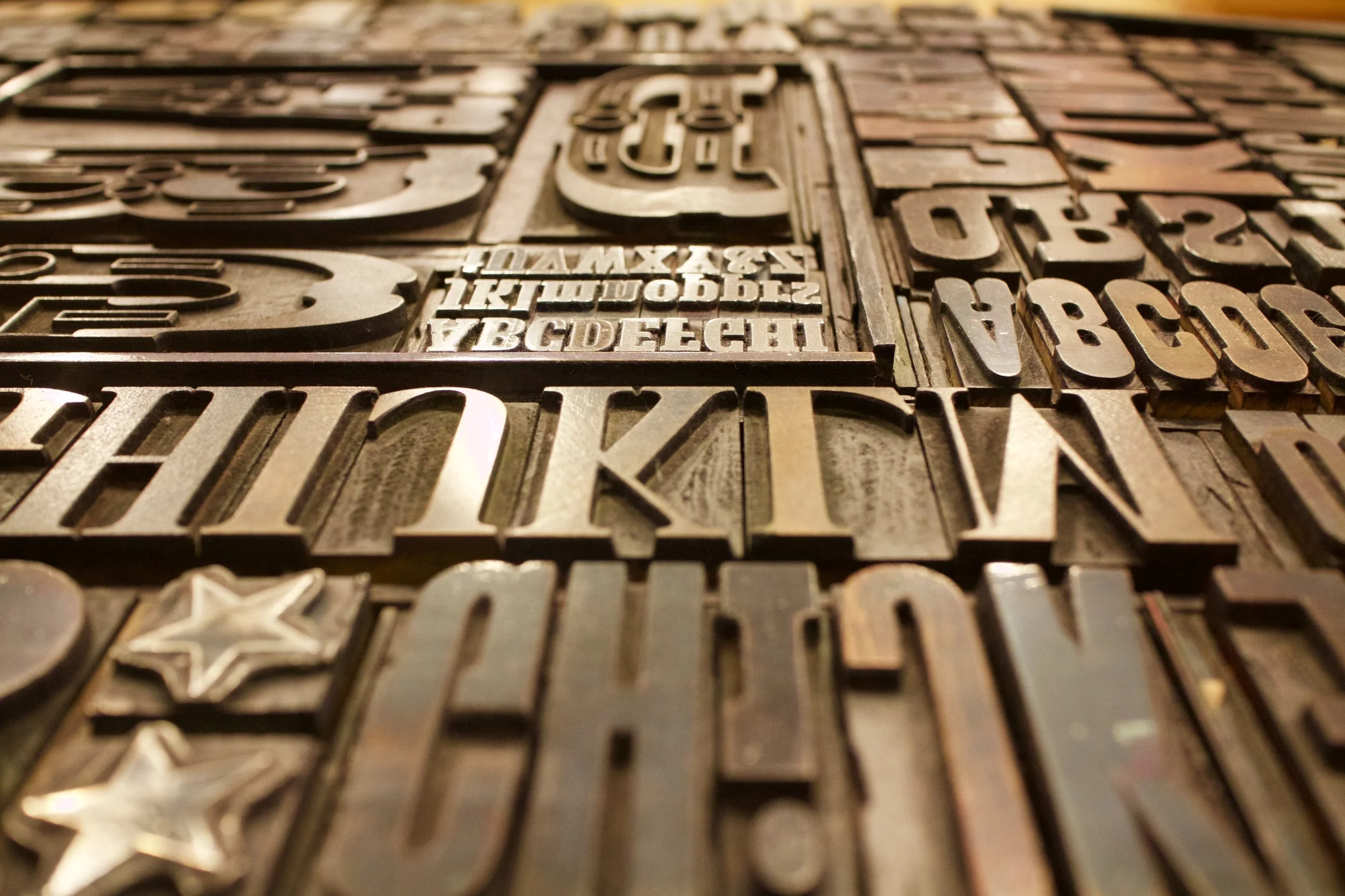Another World, February 2022
Happy Imbolc!
Announcements
Welcome to our many new supporting members! If you have any questions about your supporters’ benefits, please email us at distro@abeautifulresistance.com.
Upcoming Courses
We are still finalising our Spring course catalog offerings, but we can announce that Rhyd Wildermuth’s popular course based off his book, Being Pagan, will begin 6 March, 2022. To sign up for this as part of your supporter benefit, please email us at distro@abeautifulresistance.com
In this month’s Another World
THE PAGAN MUSIC LIST 18
This special edition features new releases from projects we have previously reviewed, including from Runahild, Faun, Wardruna, Mari Boine, and Kalandra.
An essay from Rhyd Wildermuth on the relationship between Taoism and Paganism through the idea of “settling.”
All this points to a rather beautiful aspect of ancient Pagan cosmology that mirrors a core truth in Taoism. Before Christianity arrived, and even centuries into Christianity’s transformation of society around universalist creeds, Europe’s pagans believed that each celestial body had its own purpose by mere virtue of being where it was. That is, each star in the sky had a seat there, and that’s where it as “at home,” where it was most able to be itself and therefore why it was there.
What’s always fascinated me about this kind of cosmology is that there was never any need to posit a seating arrangement. That is, no one put the stars there or made places for them, because no one needed to tell the stars where they should be, what they should do, or even to tell them to exist. They just existed, they just were and are in an unquestioned and unquestionable act of being.
An exploration of the power of language and its relationship to the natural world/
“The word was made flesh, and dwelt among us” was said of the Christ, and is this not also the arcane art after which renaissance magicians strove and cloistered academics struggle? To claim power over the word is to claim power over the world, to shift the “structures” of consciousness to make manifest the visions of an elite few. Whether we like those elites or fear them, their power is undeniable and almost inescapable.
Almost inescapable, but not quite. Plato consigned poets to their death in his utopian fantasies for the same reason bookstores consign their works to dusty, unmarked corners. The power of the poet is the power of death, which is also the province of the mystic, the witch living beyond the hedges, and the fool in the royal court.
The poet’s power is the power of negation, the magic of disenchantment. The poet knows words are both words and not-words, holding meaning and no meaning all at the same time. Words for the poet are as colors and shadows for the painter, not mere tools but also substances from which worlds can be depicted or destroyed.




